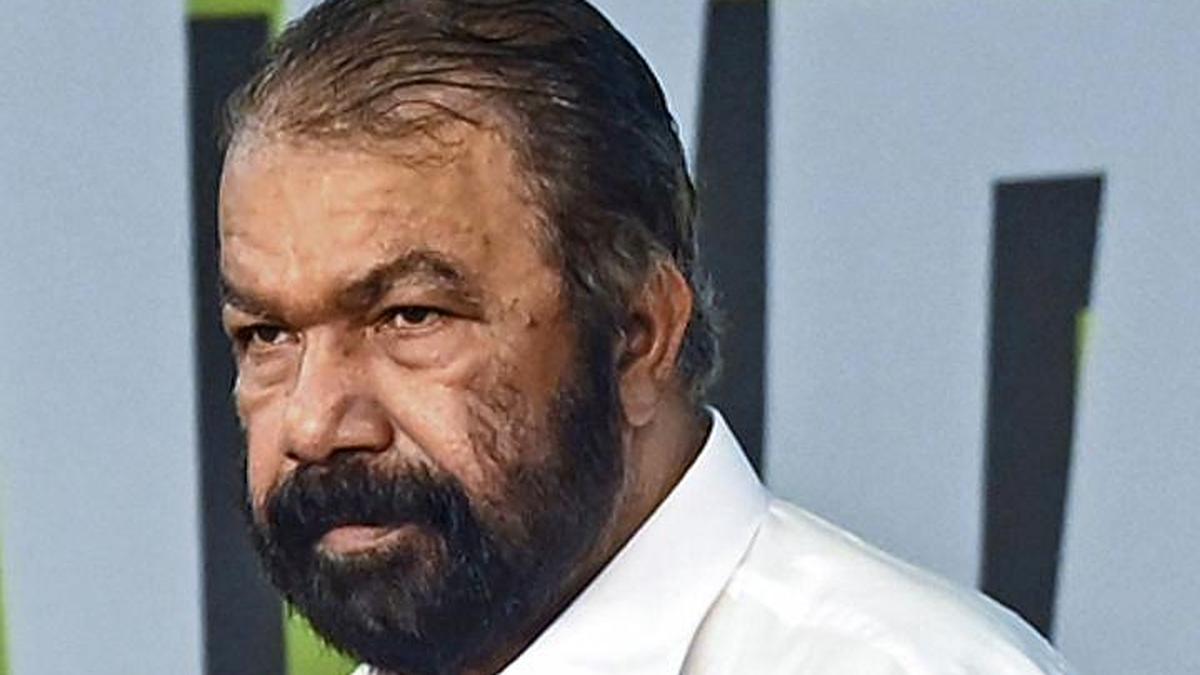The cabinet on Friday approved a medico-legal protocol to insulate arrestees from third-degree treatment in police custody.
The momentous decision makes it incumbent on the arresting officer to produce the detainee in front of a medical officer within 24 hours of detention.
A doctor in State or central service should examine the person in police custody and furnish a medical examination report in the format prescribed by the cabinet. In the absence of a government doctor, the police have the leeway to produce the arrestee before a registered medical practitioner in the private sector.
The cabinet insisted that the police mandatorily produce the arrestees before a magistrate within 24 hours of internment. At the time, the police should furnish the arrestee’s medical examination report for the magistrate’s perusal. The police should not keep the detainee waiting for the medical examination.
In the case of women arrestees, the government made it compulsory for the police to enlist the service of a woman doctor in State or Central service for the mandatory medical examination.
The examination report should highlight bruises, contusions, or wounds on the detainee’s person. The doctor should speak to the arrestee and determine how the person sustained the injury.
The examining medical practitioner should specifically ask the arrestee whether they suffered physical assault, brutalisation, or rough handling in police custody. The doctor should record the arrestee’s statement honestly and in detail in writing.
The doctor should examine the detainee’s person minutely, especially the private parts, and record wounds or contusions. The doctor should immediately order treatment if the detainee’s health condition warrants medical attention.
If required, the medical examiner should refer the patient for specialist care. However, such medical referrals require the consent of the arresting officer, except in life-threatening situations.
The doctor should specify in the report why they made such a referral and whether the hospital lacked specialised and critical care facilities required by the arrestee to initiate such an option.
The doctor should record the arrestee’s medical condition, medical history, and current medication in the given format. The government would bear the medical examination, treatment and laboratory charges incurred by the detainees. The doctor should furnish a copy of the medical examination report to the detainee or the person’s nominee.
The cabinet also formalised a comparable protocol for undertrial prisoners who require medical attention.





